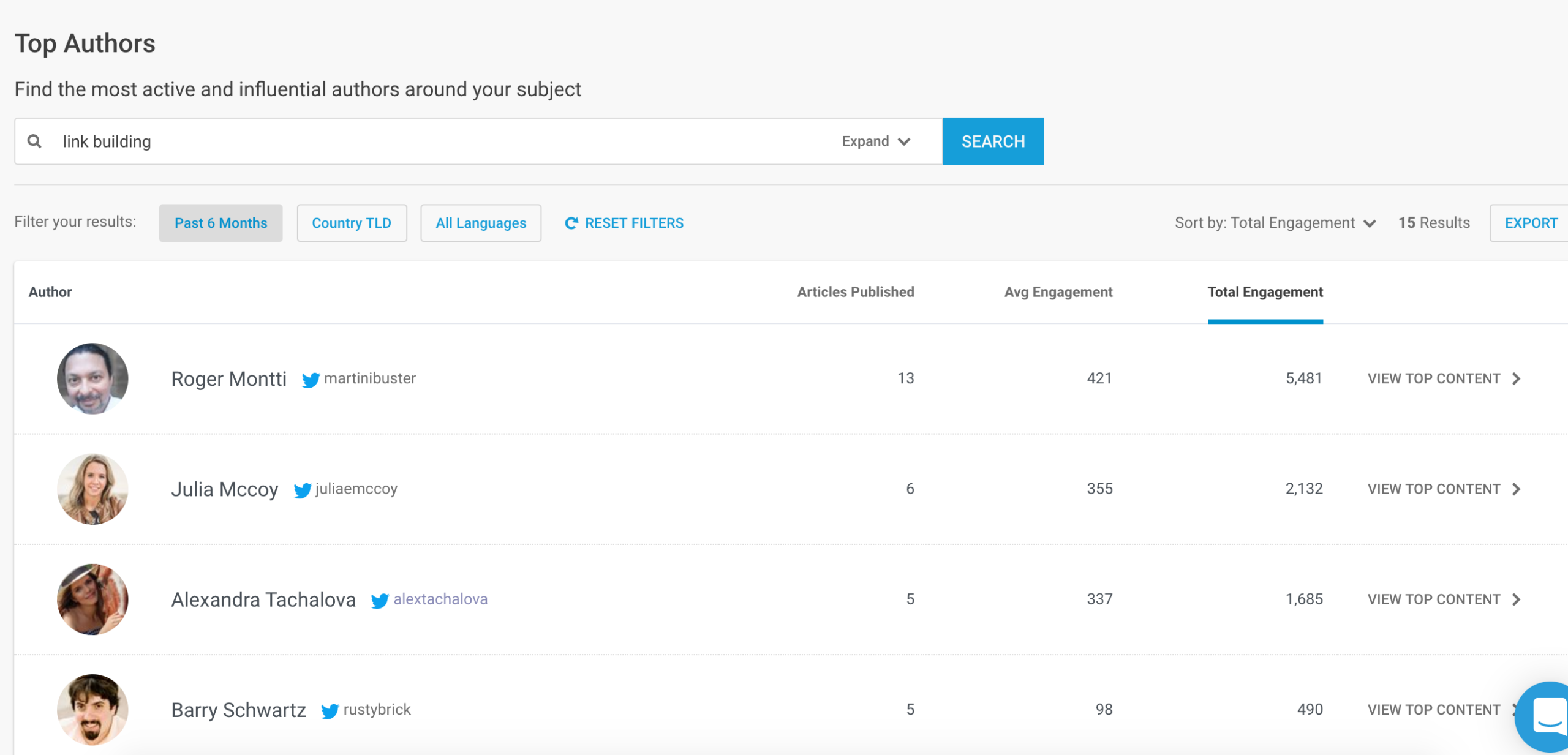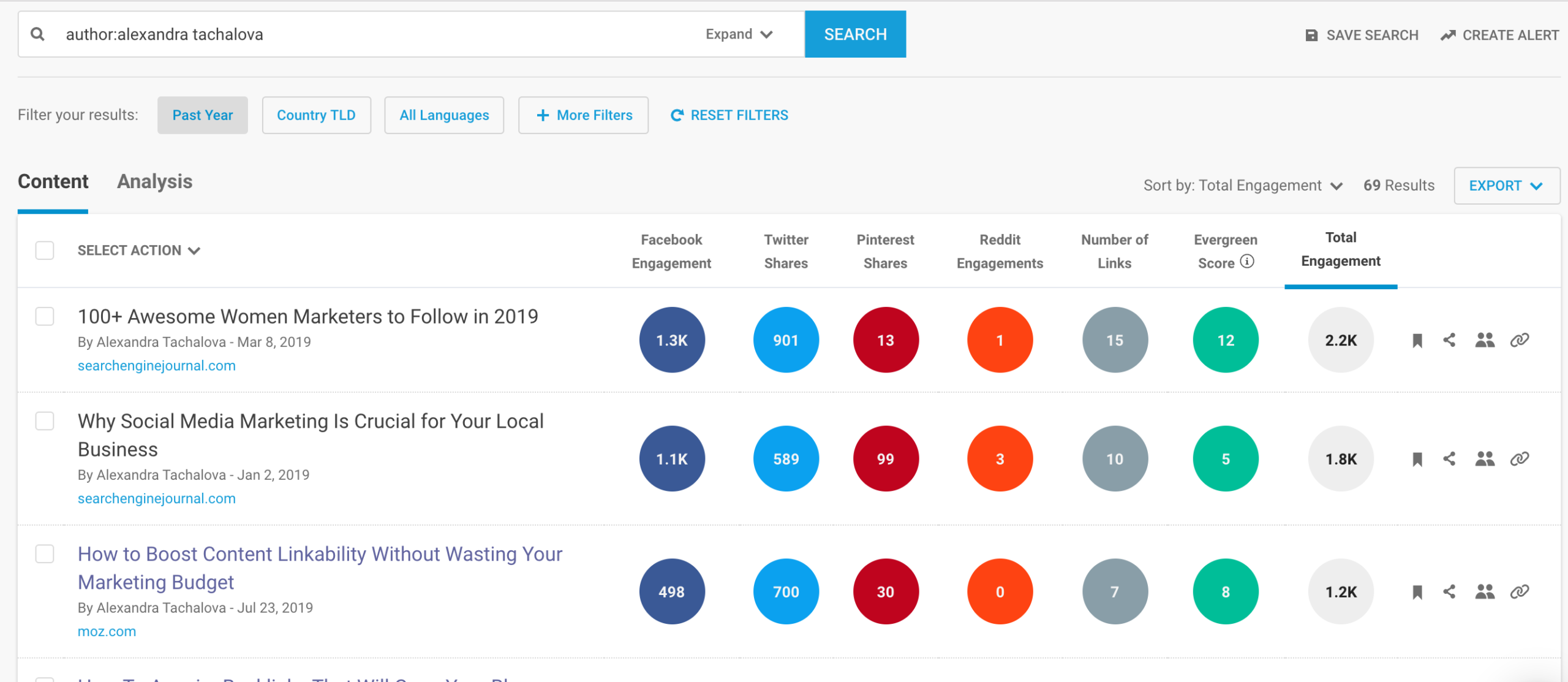How to Use Guest Blogging to Build Relationships
[ad_1]
Guest blogging is a popular link building strategy among many brands.
But only a few of them use it successfully.
Why is that?
Guest blogging sounds like a pretty straightforward idea: you publish content on an external site to secure links back to your site.
Basically, you are exchanging your well-written content for a quality link.
At first glance, this looks awesome.
But is actually a cost-effective way of acquiring links?
From my experience, a good post can’t be written overnight.
You need time and resources (editors, topic experts, etc.) if you want to publish quality content – and that’s the reason why the cost per link goes over the roof.
Plus, how many posts can you write per month? Five? Ten?
Even if you’re capable of writing one post per day, this strategy is still quite hard to scale.
If you want hundreds of links you will need hundreds of posts. And there is much more to it than mass-producing content.
On top of a well-delivered blog post, you also need to spend time on pitching your ideas to editors.
Each month, it will have to be new editors so you can guest post on many different sites and not get stuck with just a few.
As you can see, there is a ton of “hidden” work when it comes to link building as a guest contributor.
So I decided to share how to get the most out of this strategy and secure quality links thanks to regularly contributing to blogs in your niche.
3 Ways to Enhance Your Guest Blogging Strategy
The first rule of guest blogging is having quality content.
Obviously, no one wants boring or poorly-written blog posts on their site.
Once you are confident that your pieces are great, it is time to think about how you can get the most links with each submitted guest post.
I have some good news for you!
After reading this post you will know three secrets of the trade that will help you boost your guest blogging strategy.
Let’s dive in.
1. Give a Link to Sites That Are Heavily Investing in a Link Building Process
There are many sites out there that are working on making their brands more visible. They are a perfect target for you.
Those sites are constantly searching for new ways to build links and that’s the reason why they will be highly interested in partnering up with you.
By allocating links within your guest posts to such sites, you could establish mutually beneficial relationships with them much easier and as a result, get links much faster.
This strategy could dramatically decrease the cost per each link that you acquire through guest blogging.
So how do we find those sites?
Unfortunately, it is not that simple.
It might take some time, especially if you don’t know what kinds of sites are accepting guest posts within your niche.
I would recommend using this search query as a starting point where you put your niche related term as “your keyword” :
“[your keyword]” (intitle “write for us” OR intitle: “write for me” OR intitle: “guest contributor”)
For instance, here’s how a search request will look like if I want to find sites that are accepting guest posts about SEO related content:
“SEO” (intitle: “write for us” OR intitle: ”write for me” OR intitle: “become a contributor”)
This searching process is pretty straightforward but it does get quite repetitive.
If you are like me, and just want to get boring tasks like scraping SERPs done as quickly as possible, there is a workaround for you.
You could go to BuzzSumo tool and get a list of top authors within your niche by simply searching via a relevant term.
For example, below are top authors that write about link building where I’m in the top 3 just after Julia McCoy, which is truly amazing:

Once you have your list, navigate within BuzzSumo to a report called Web content Analyzer under Content and search for all authors’ posts:

Finally, you have a list of blogs the top authors contributed to. It is a great starting point for a list of sites with guest bloggers.
Next, simply export a list of posts that were published on those blogs in the last few months and voila! This BuzzSumo report will also have a separate column with the authors’ names for your reference.
Not going to lie, putting together a list of guest contributors across your niche is not fun.
But I have some good news:
You need to only do it once.
Note: If you want to try this strategy before investing so much time into your research – start with the people who are writing to the same blogs as you.
The biggest plus of those contributors is that you already have something in common and as a result, they tend to be much more responsive.
Great, now you have a list of contributors who are also working on making their brands more visible within your niche.
So what you need to do is to connect with them and ask whether they’re interested in teaming up with you on a link building side.
2. Link to Posts on Blogs Where You’re Planning to Pitch Your Next Guest Post
Sounds obvious, right?
But surprisingly, I rarely see people using this strategy.
Linking to the blog first leaves a great impression and shows that you’re really interested in becoming their contributor.
What can be a better proof of that than giving them a valuable link?
Doing such “pre-work” always helps to melt the ice.
However, don’t rush to give links to every single blog out there.
I always advise people to not give a link without coordinating it with the editor beforehand as this will guarantee that:
- You’ll bring them a link to content that they’re currently working on getting in the top of Google. So this link will be much more appreciated than any other.
- You’ll have many more chances to get a reply as you’re not pitching anything to them.
- You’ll establish relationships before sending your guest post pitch. So the chances of your guest post to be accepted in the future become much higher.
After engaging in those conversations with the editors, I am sure they are happy to consider your guest post for their blog.
3. Ask Editors to Connect You with Other Guest Contributors or Blog Editors
This step is taking the previous strategy to a whole new level.
As we discussed earlier, by helping the editors with links you establish mutually beneficial relationships.
So, at a certain point, it is totally acceptable to ask for help in return for your favors.
One great thing to ask for is to give you a warm intro to other blog contributors or even other blog editors so you can expand your network and see if there is a chance for a collaboration there.
Next thing you know, instead of looking for opportunities to guest post those opportunities will find you!
Getting Links by Helping Others
Guest posts are great not only for securing quality links but also for building relationships with both editors and bloggers.
It will require a bit of time in the beginning, but it gets better as you go, especially if you follow the three strategies we discussed in this post.
Basically, the more people you know in your niche the easier it is to acquire links.
As a rule of thumb, try to genuinely be helpful and people will be happy to return the favor.
More Resources:
Image Credits
Featured Image: Created by author, December 2019
All screenshots taken by author, December 2019
[ad_2]
Source link








